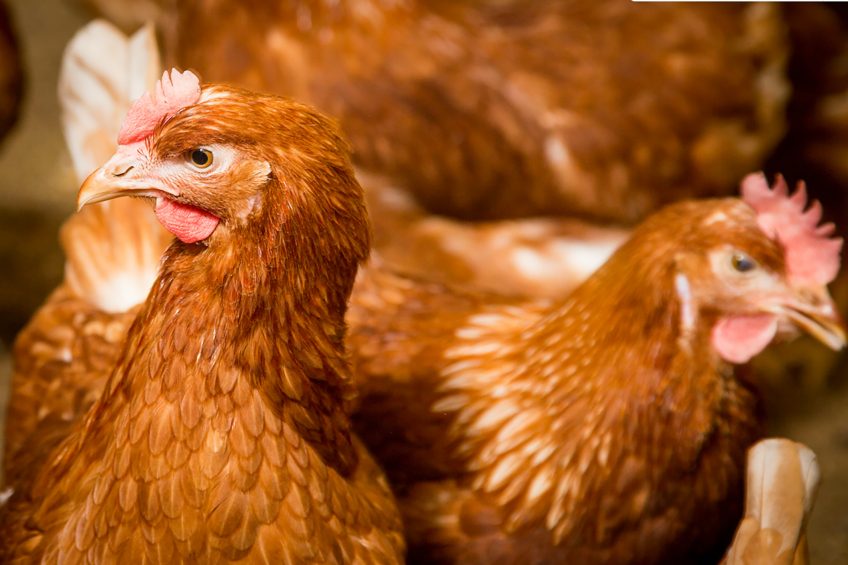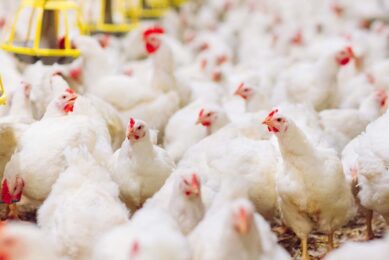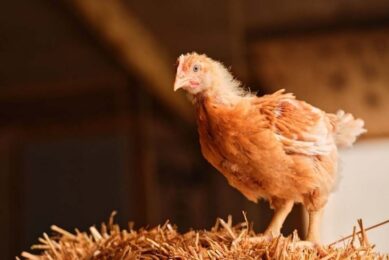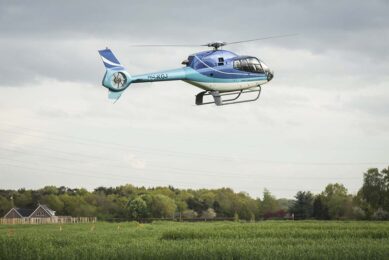Row escalates between RSPCA and BFREPA over perches

Friction between farm animal welfare group RSPCA Assured and the British Free Range Egg Producers’ Association (BFREPA) has grown over the charity’s decision not to support an application to fund a grant application on the welfare impact of fitting aerial perches.
Robert Gooch, BFREPA chief executive, told the recent annual meeting that RSPCA Assured had pulled out of a bid put together with Bristol University Veterinary School just two days before it was submitted to the Biotechnology and Biological Sciences Research Council (BBSRC).
Mr Gooch said the research bid, entitled “When is a perch not a perch?” looked at the welfare impact of fitting aerial perches in laying hen free range systems.
He told delegates at the BFREPA conference: “I am very disappointed to say that while the grant application went in yesterday, the RSPCA two days before pulled out of this work.”
It led to a handful of members attempting to put through a motion at the annual meeting to give notice to the BFREPA Council that the membership had no confidence in the RSPCA Assured recent amendments, particularly in relation to perching requirements.
There was particular concern at the lack of industry consultation and potential implications for bird welfare. Free-range egg farmers have said the hens’ right to freedom from pain will be undermined by the RSPCA’s decision to press ahead with plans to require farmers to install extensive perching provision on poultry units.
BFREPA’s Council is the organisation’s decision-making body so the proposers have been invited to the next meeting – 6 December – to outline to delegates how they think this motion should be executed. It is likely there will be a vote at this meeting.
But RSPCA Assured rejected claims that it has pulled out of the research, saying it was never formally involved and was therefore not in a position to be able to “pull out.”
“We were approached by the University of Bristol and asked to provide a letter of support to help increase the likelihood of the project being funded. However, following our review of the proposed research, we felt we were unable to provide such a letter.”
RSPCA Assured said it was concerned the proposed research only focussed on the provision of perches, giving no consideration to the broader risk factors associated with keel bone damage, such as genetics, nutrition and housing.
It added that Bristol’s own research demonstrated keel bone fracture rates of 67% in free range systems without additional aerial perches and 45% in what could be considered the most benign – in terms of KBD – loose-housed systems.
“This evidence makes clear that there are other more fundamental, underlying issues that need to be addressed – ie viewing this as perch versus no perch is far too simplistic and does not address the primary causes.”
And the charity also said it was conscious of the limited funding available for welfare research, saying funds should be targeted towards answering more fundamental questions in the area of keel bone damage if real improvements are to be made.
It said it was unsurprising that perching was causing such a fierce debate but added its position – supported by research – was that laying hens are motivated to perch and thus perches should be provided but of course, in a way that minimises any potentially negative effects.
And commenting on the attempt at the BFREPA annual meeting to put forward a motion of no confidence in RSPCA Assured, a spokeswoman said: “We would of course be really disappointed if this motion was put forward. We want to work with the laying hen industry to make positive improvements to bird welfare. We do not know what such a motion would achieve, in terms of improving farm animal welfare, if it were passed.”
Join 31,000+ subscribers
Subscribe to our newsletter to stay updated about all the need-to-know content in the poultry sector, three times a week. Beheer
Beheer








 WP Admin
WP Admin  Bewerk bericht
Bewerk bericht